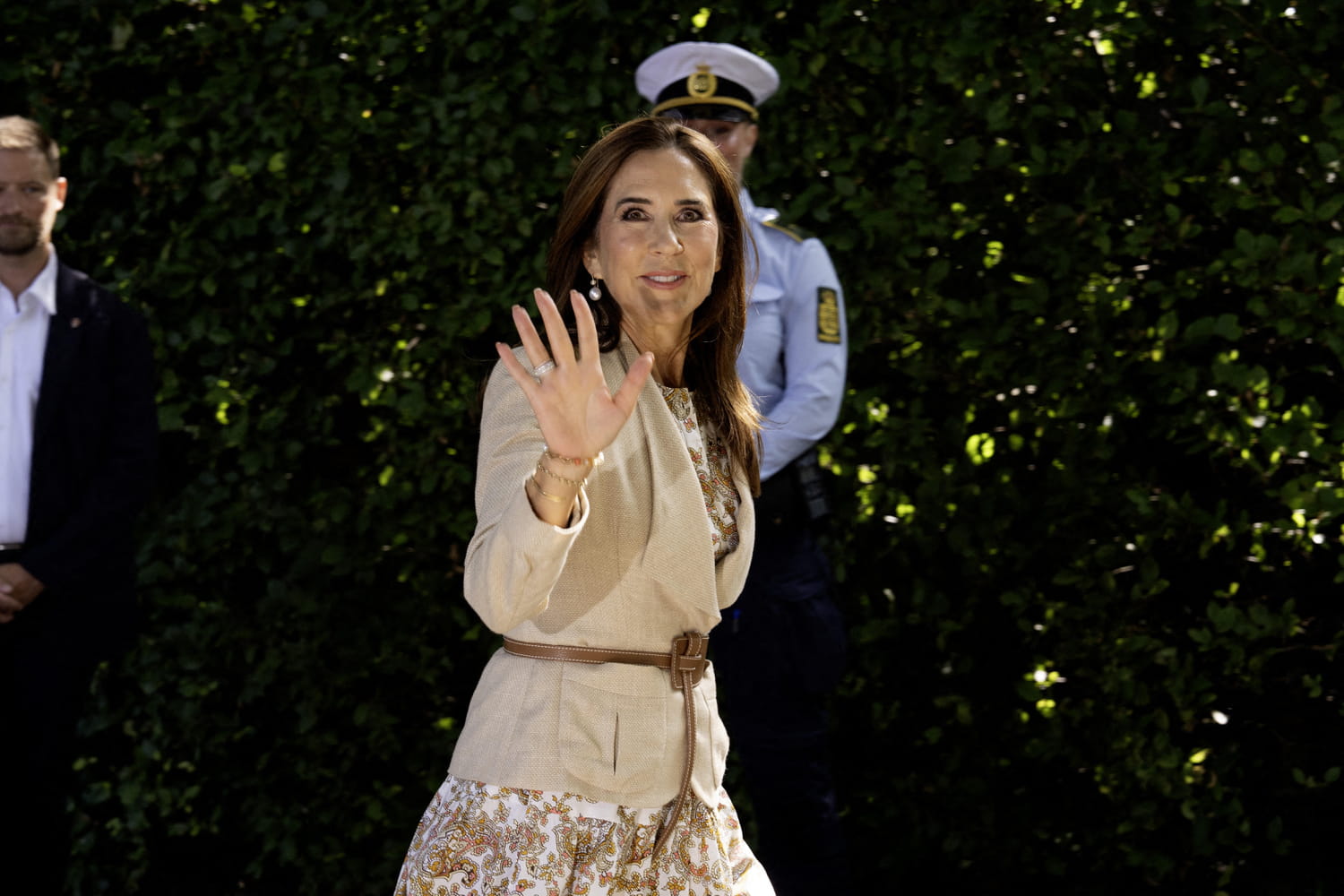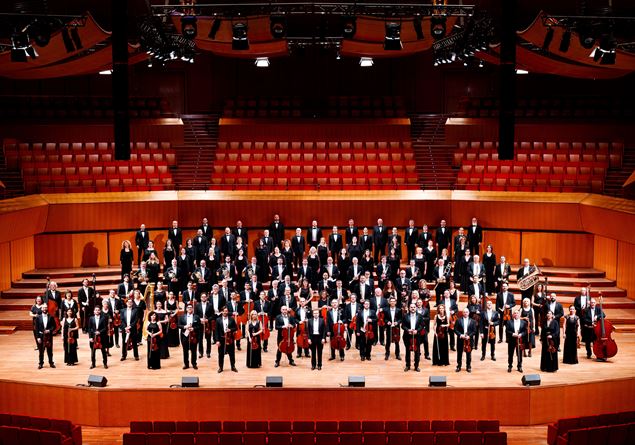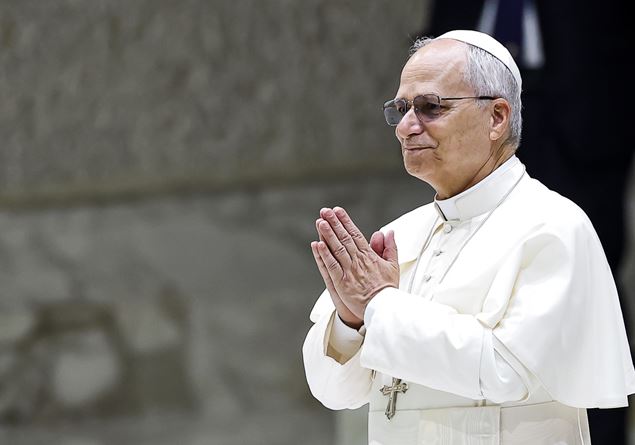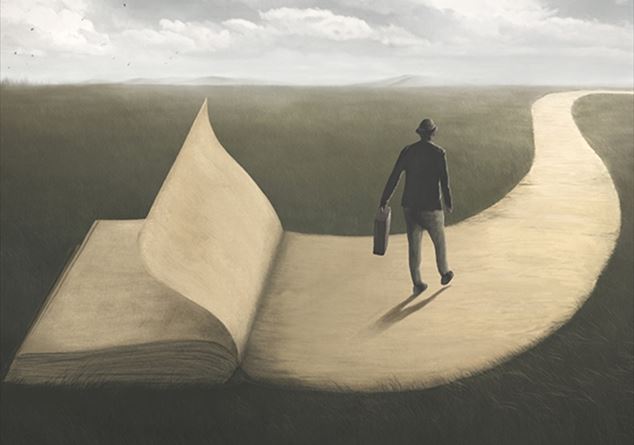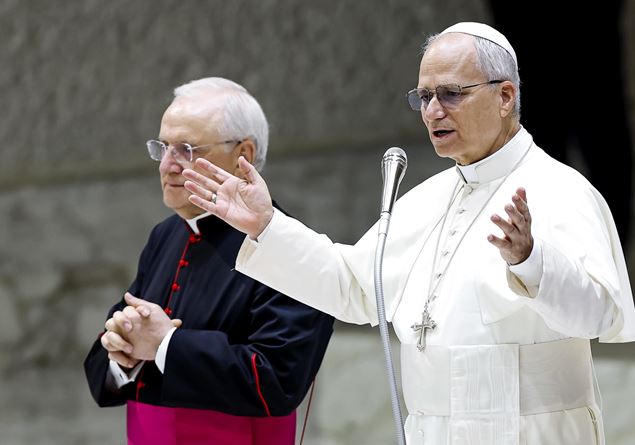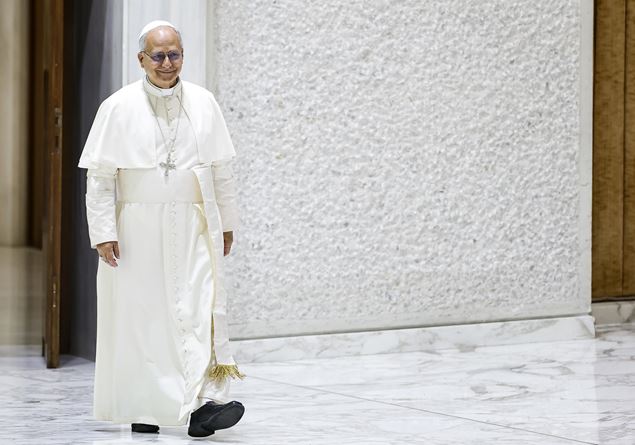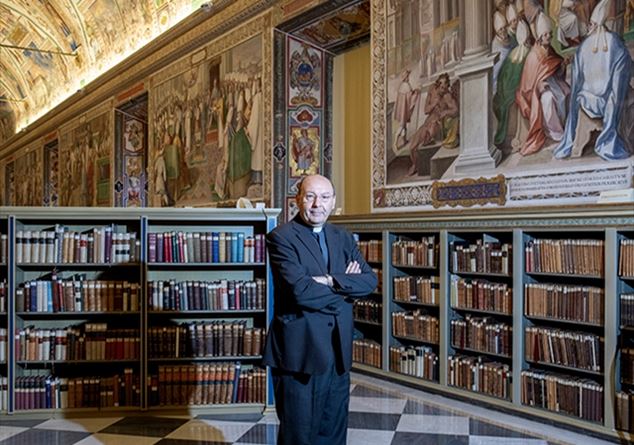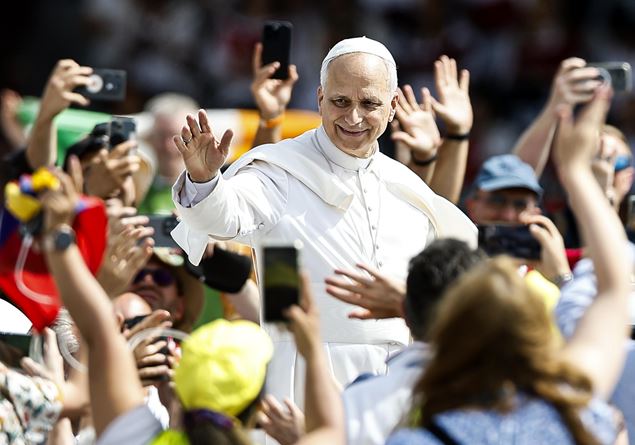“Classic, present, eternal”, are the words that will guide the next season of concerts of the National Academy of Santa Cecilia. The first he sees at the helm of the ancient Roman musical institution Massimo Biscardi. “It is a season of change,” says Biscardi, “Santa Cecilia presents itself to the city as the place of symphonic music, but wants to identify with the place where she lives and works. We must make everyone understand that there is a place of classical music, the auditorium of Renzo Piano, beautiful like the concert halls of Berlin and Paris”.
And for the opening of the symphonic season, the splendid Sala Santa Cecilia will be transformed into a scenic space for the representation of Die walküre (Valchiria) by Richard Wagner, directed by Daniel Harding with Vincent Huguet’s direction.
For the first time in its history, the Academy tackles the Nibelungo ring cycle in stage form, a titanic project that will develop until the 2028/2029 season and which is not represented in Rome from 1961. The Santa Cecilia room will be transformed by the scenography of the designer Pierre Yovanonich.
Daniel Harding, musical director of Santa Cecilia, will return to the podium on several occasions. The Mahler cycle continues with the execution of the third symphony (with the mezzosoprano Wiebke Lehmkuhl) and the fourth, in a program that also includes the Italian first of the Violin concert no. 7 by Alexey Shor, entrusted to Gil Shaham. Harding will also go on the podium of the orchestra for a concert that paginates Verdi’s music, Rachmaninoff and the concert in Ravel in Ravel with a new promise of the international pianism and absolutely the youngest winner of Van Cliburn: Yunchan Lim. It will be precisely with Lim that the orchestra, led by its director, will leave for a long Tour in Asia which will touch the main concert halls in Seoul, Taipei, Beijing, Shanghai.
Other appointments with harding (which this year will turn fifty years, even if it keeps the air from eternal boy) are that of February with Creation by Haydn and the concert with the pianist Daniil Trifonov who will perform the concert for piano n. 2 of Brahms. In April he will return to the orchestra podium to direct Brahms once again whose piano concert n. 1 with Igor Levit on the keyboard.
The predecessor and compatriot of Harding also returns to Rome. Antonio Pappano. The Emeritus director of the Academy will direct two special concerts that paginate the “big masses” of Anton Bruckner (with the chorus of the Academy instructed by Andrea Secchi) at the beginning of the season and the Violin concert by Šostakovič with Leonidas Kavakos at the Archetto, in May.
In the next season the auditorium audience will have the opportunity to listen to concerts directed by other great directors such as Myung-Whun Chung, Tugan Sokiev, Semyon Bychkov, Sir John Eliot Gardiner, Daniele Gatti, Jakub Hrusa, Charles Dutoit, Teodor Currentzis (who will perform the symphony n. 13 “Babij Jar” of Šostakovič, absent from the posters of Santa Cecilia since January 1998).
The programming also gives space to today’s music, with the return of John Adams on the podium of Santa Cecilia, and with first absolute as well as the new commission a Fabio Vacchi All in all, entrusted to Daniel Harding.
Baroque music relies on the expert guide of the Roman master Rinaldo Alessandrini, to his debut at the helm of the Cecilia orchestra with a concert dedicated to Vivaldi and Bach (the Magnificat expected). In April the passion according to Matteo di Bach will be performed with the direction of Riccardo MinaSi.
The season of room concerts starts on November 1st with an exceptional trio formed by Lisa Batiashvili, Gautier Capuçon and Jean-Yves ThibaudeT and a program already appreciated in several international concert halls dedicated to Rachmaninoff, Debussy and Dvořák, while the return of Les Musiciens du Louvre with Marc Minkowski and the tribute to Alessandro Scarlatti (entrusted to the chorus of the Academy and the Ejug Academy Ghislieri) mark some of the most representative appointments of autumn. The pianist Andrea Lucchesini will dedicate part of his concert to Luciano Berio of which the one hundred years after birth this year. Space for baroque with Antonio Florio and his Ensemble Cappella Neapolitana who with the voice of the soprano Rosa Feola will dedicate the concert to the composer from Bari Niccolò Piccinni, while Christophe Roussetdriving the ENGLISH BAROQUS SOLAGE ENSETERS and Monteverdi Choir, will direct the Messiah of Händel. A special project dedicated to the integral of the Beethoven quartets this season and will continue until 2027, the year that marks the bicentenary of the death of the composer of Bonn, with the Quatuor ébènewhile space for vocality will be reserved for an exceptional protagonist like Asmik Grigorian with a recital centered on Čajkovsky and Rachmaninoff. Among the prominent names that will alternate on stage, Isabelle Faust, Kian Solani, András Schiff, Beatrice Rana, Grigory Sokolov, Víkingur ólafsson, Arcadi Volodos and Lang Lang should also be mentioned that will close the season at the end of May.
